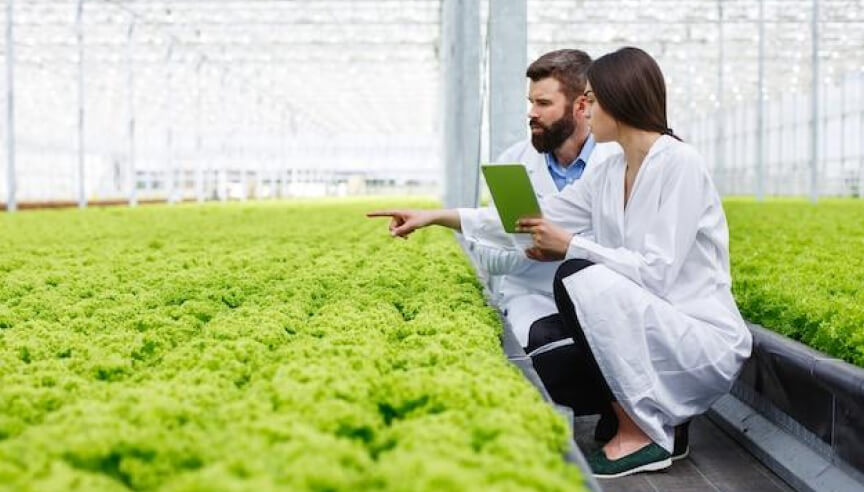Recent Posts
Hydrogen Peroxide in Agriculture and Hydroponic Farming

The Role of Hydrogen Peroxide in Agriculture and Hydroponic Farming
Hydrogen peroxide (H₂O₂), a simple compound made of hydrogen and oxygen, is gaining recognition as a valuable tool in modern agriculture and hydroponic farming. Its versatile properties make it an effective solution for enhancing crop health, improving water quality, and fostering sustainable farming practices.
Enhancing Soil and Root Health
In traditional agriculture, maintaining healthy soil and robust root systems is essential for optimal plant growth. Hydrogen peroxide acts as a natural oxidizer that improves soil aeration by releasing oxygen into the soil. This process breaks up compacted soil, promoting better water and nutrient absorption by plant roots. The additional oxygen also supports the development of stronger and deeper root systems, which are essential for plants to withstand environmental stress and maximize nutrient uptake.
Hydrogen peroxide’s antimicrobial properties are another key advantage. It helps eliminate harmful pathogens, bacteria, and fungi that can damage crops, reducing the reliance on chemical pesticides and fungicides. This creates a healthier growing environment and ensures higher yields with fewer chemical inputs.
Improving Water Quality in Hydroponics
Hydroponic farming, which involves growing plants without soil, relies heavily on clean and well-oxygenated water. Hydrogen peroxide plays a vital role in maintaining water quality by breaking down organic contaminants, preventing the growth of algae, and controlling harmful microbial populations in the nutrient solution.
By providing an additional source of oxygen, hydrogen peroxide enhances root respiration and nutrient uptake, leading to healthier and faster-growing plants. This is particularly important in hydroponic systems where waterborne diseases can quickly spread and jeopardize the entire crop.
Supporting Sustainable Practices
Hydrogen peroxide aligns with the growing demand for sustainability in agriculture. Unlike many synthetic chemicals, hydrogen peroxide breaks down into water and oxygen, leaving no harmful residues in the environment. This makes it an eco-friendly alternative for managing soil and water health.
In addition, the use of hydrogen peroxide reduces the need for excessive chemical fertilizers and pesticides, lowering the environmental impact of farming practices. Its ability to improve oxygen availability and microbial balance also makes it an effective tool for organic farming and sustainable crop production.
Practical Applications
Farmers and hydroponic growers can use hydrogen peroxide in several ways:
- Soil Treatment: Diluted solutions are applied to the soil to improve aeration and eliminate harmful microbes.
- Seed Treatment: Seeds are soaked in a hydrogen peroxide solution to reduce the risk of fungal infections and enhance germination rates.
- Water Treatment: In hydroponic systems, hydrogen peroxide is added to nutrient solutions to maintain water quality and prevent microbial growth.
Conclusion
Hydrogen peroxide is transforming agriculture and hydroponic farming with its ability to enhance plant health, improve water quality, and promote sustainable practices. As farming methods evolve to meet the challenges of feeding a growing global population, hydrogen peroxide offers a simple yet powerful tool for cultivating healthier crops and protecting the environment.
Whether in traditional fields or high-tech hydroponic farms, hydrogen peroxide is paving the way for a greener and more productive future in agriculture.
